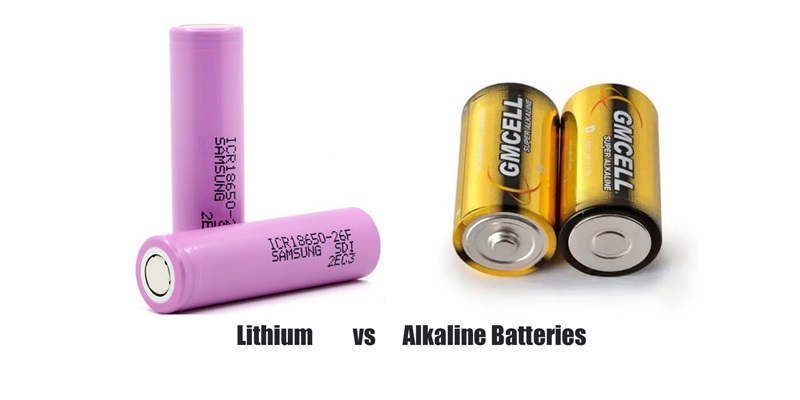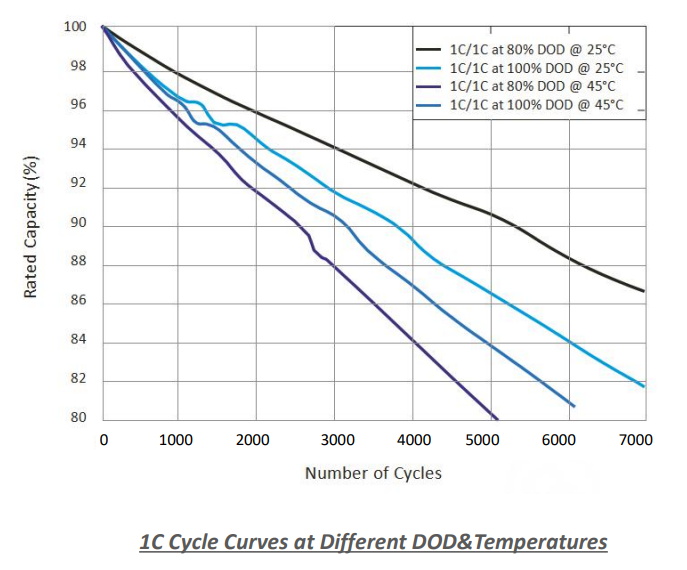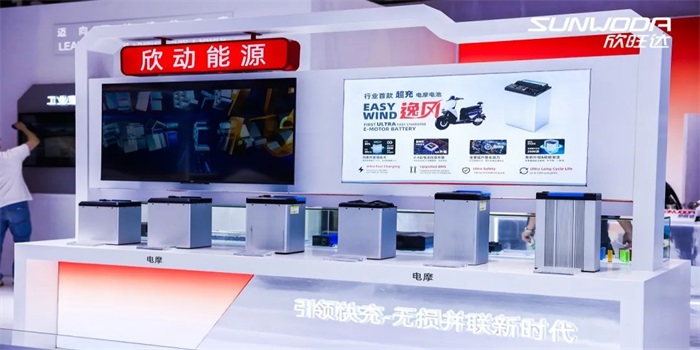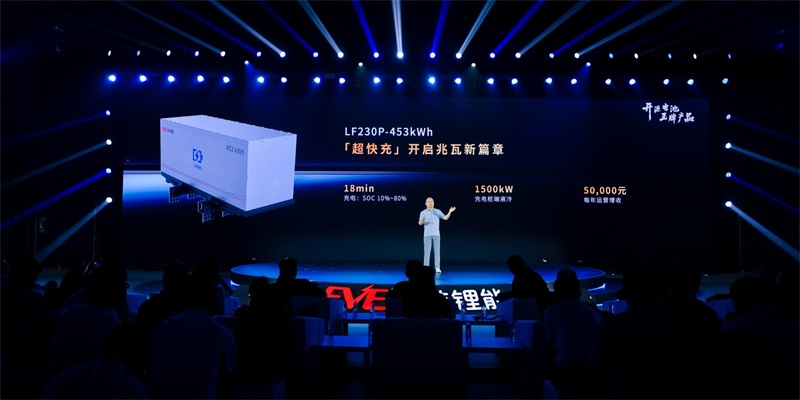Lithium vs Alkaline Batteries: A Complete Comparison for Better Performance
There are many types of batteries on the market, but in most cases, they can be divided into two major categories: lithium batteries and alkaline batteries. Understanding these two major types of batteries will help you find the battery type and size that suits your specific device.
Today we will take you to learn more details to help you understand: lithium vs alkaline batteries.

About Lithium batteries fundamentals
A lithium battery is a type of battery that uses lithium metal or lithium alloy as the cathode material and non-aqueous electrolyte solution. At present, the main types of lithium batteries on the market are divide into lithium cobalt oxide, lithium manganate, lithium nickel oxide, ternary materials, lithium iron phosphate, etc.
· According to their shape and size-they can be classified into two types: cylindrical batteries and square batteries.
Click here to know: 《difference between cylindrical cells and prismatic cells》
· According to the material-It can be divided into ternary lithium-ion (NMC) batteries and lithium iron phosphate (LiFePO4) batteries.
· According to the capacity-Different lithium batteries can be distinguished.
For example, a 20000mah 40315 LFP cell can store Ten times the energy that stored in a 2000mah 18650 NCM cell.
About Alkaline batteries fundamentals
Alkaline batteries are a type of manganese/zinc galvanic cell that uses an alkaline electrolyte. Typically, these batteries feature a cathode made of manganese dioxide (MnO2) mixed with graphite, and an anode consisting of zinc paste (Zn). The electrolyte used in most alkaline batteries is potassium hydroxide (KOH).
what is difference between alkaline and lithium batteries
Types of lithium vs alkaline batteries
· Type of alkaline batteries: The types of alkaline batteries include volts batteries, AAA batteries, AA batteries and Coin shaped cell batteries.
· Type of lithium batteries: There are many types of li lithium batteries. For example, 14500 lithium battery, 16650 lithium battery, 18650 lithium battery, 21700 lithium battery, 26650 lithium battery, 32650 lithium battery, etc
Among them, lithium iron phosphate batteries, ternary lithium batteries, etc. have superior performance. If you need more models, you can visit: Energy-X
Price of alkaline battery and lithium battery
Alkaline batteries are generally more affordable because they are disposable and made from inexpensive materials.
On the other hand, lithium batteries tend to be about five times more expensive than alkaline ones. However, they offer significantly better value over time, lasting 8 to 10 times longer than their alkaline counterparts. Additionally, lithium batteries maintain a consistent voltage throughout most of their lifespan, whereas alkaline batteries gradually lose voltage as they discharge. This makes lithium batteries more cost-effective in the long run, as they provide more reliable performance per use.
Lithium vs alkaline batteries voltage
When comparing the voltage of lithium and alkaline batteries, alkaline batteries typically have a nominal voltage of 1.5V per cell. In contrast, lithium batteries offer a wider range, with nominal voltages ranging from 1.5V to 3.0V.
Lithium-ion (Li-Ion) batteries, on the other hand, are designed for more powerful devices, with voltages typically around 3.6V or 3.2V per cell. These batteries can be configured into high-voltage packs, such as 72V Li-Ion packs and even higher, delivering superior performance compared to alkaline batteries. This makes Li-Ion batteries a better choice for devices that require greater power and efficiency.
Capacity of alkaline battery and lithium battery
Battery capacity refers to the amount of energy it can store. Lithium batteries have a much higher capacity than alkaline batteries, providing energy for a longer period. Additionally, lithium batteries have a slower self-discharge rate, allowing them to retain their charge for longer when not in use. The capacity of lithium batteries can range from 1200mAh to 200Ah, offering greater efficiency and longevity compared to alkaline batteries.
Cycle lifes lithium vs alkaline batteries
When comparing the life of lithium batteries vs alkaline batteries, the lifespan of lithium ion batteries is four times that of alkaline batteries. Alkaline is about 300 cycles, but the Lithium battery can last 10000~4000 cycles.
Performance lithium batteries vs alkaline batteries
Lithium batteries are typically rechargeable and offer significantly longer lifespan compared to alkaline batteries.
On the other hand, alkaline batteries can pose hazards such as leakage and short circuits, which can lead to explosions or overheating, especially when recharged, as they are not designed for that purpose.
Alkaline batteries are commonly used in low-power devices like remote controls, toys, and flashlights, due to their lower voltage output.
In contrast, lithium batteries are utilized in high-performance equipment such as medical devices and cameras. Their lightweight design and high energy density make them ideal for modern devices. Additionally, the light nature of lithium-ion batteries makes them particularly suitable for electric vehicles, where their power-to-weight ratio allows for longer travel on a single charge.
Why should we choice lithium batteries instead of alkaline batteries?
When you need to choose between lithium batteries and alkaline batteries, we recommend that you opt for lithium batteries, such as lithium iron phosphate batteries, rather than alkaline batteries. Here are the reasons why we suggest you do so, which can be briefly summarized as follows: Lithium batteries are lighter in weight, lower in cost, and more environmentally friendly compared to alkaline batteries. Specifically :
Lighter weight
Lithium batteries are much lighter than alkaline batteries. This feature provides advantages for their applications in devices such as power tools, portable wearables, and electric vehicles. They also last longer, which makes them widely used in high-tech smart devices and electronic devices.
Longer lifespan
Compared to alkaline batteries, the main advantages of lithium batteries is their longer lifespan. On the other hand, Lithium batteries are rechargeable batteries, which means they can continue to charge/discharge to a full state. This is achieved by the flow of current through its circuit in the opposite direction of the current flow during discharge.

Cost saving
As I mentioned above, since alkaline batteries are mostly disposable and use cheap materials, they cost significantly less than lithium batteries.
Lithium batteries may cost 5 times more than alkaline batteries, but lithium batteries last 8 or even 10 cycles longer than alkaline batteries. Also, Lithium batteries maintain their full voltage almost at the end of their charge life, while Alkaline batteries reduce their voltage output throughout their performance. In this way, the cost of each use is obviously more cost-effective for lithium ions.
Environmentally friendly
Alkaline batteries are primary batteries, which means they are disposable. Not easily recharged after a single use, and discarded when fully discharged. Therefore, we must replace them once they are fully discharged. The lithium battery is a rechargeable lithium battery and can be recycled. More than 90% of the raw materials are recyclable, so the lithium battery is also environmentally friendly.
The advantages of lithium batteries are bound to be your ideal choice in the competition between lithium batteries and alkaline batteries. Energy-X is a globally leading and professional supplier providing various types of lithium batteries. Welcome to the Product Center. For more models and your requirements, please leave a message for the technical team to consult.

